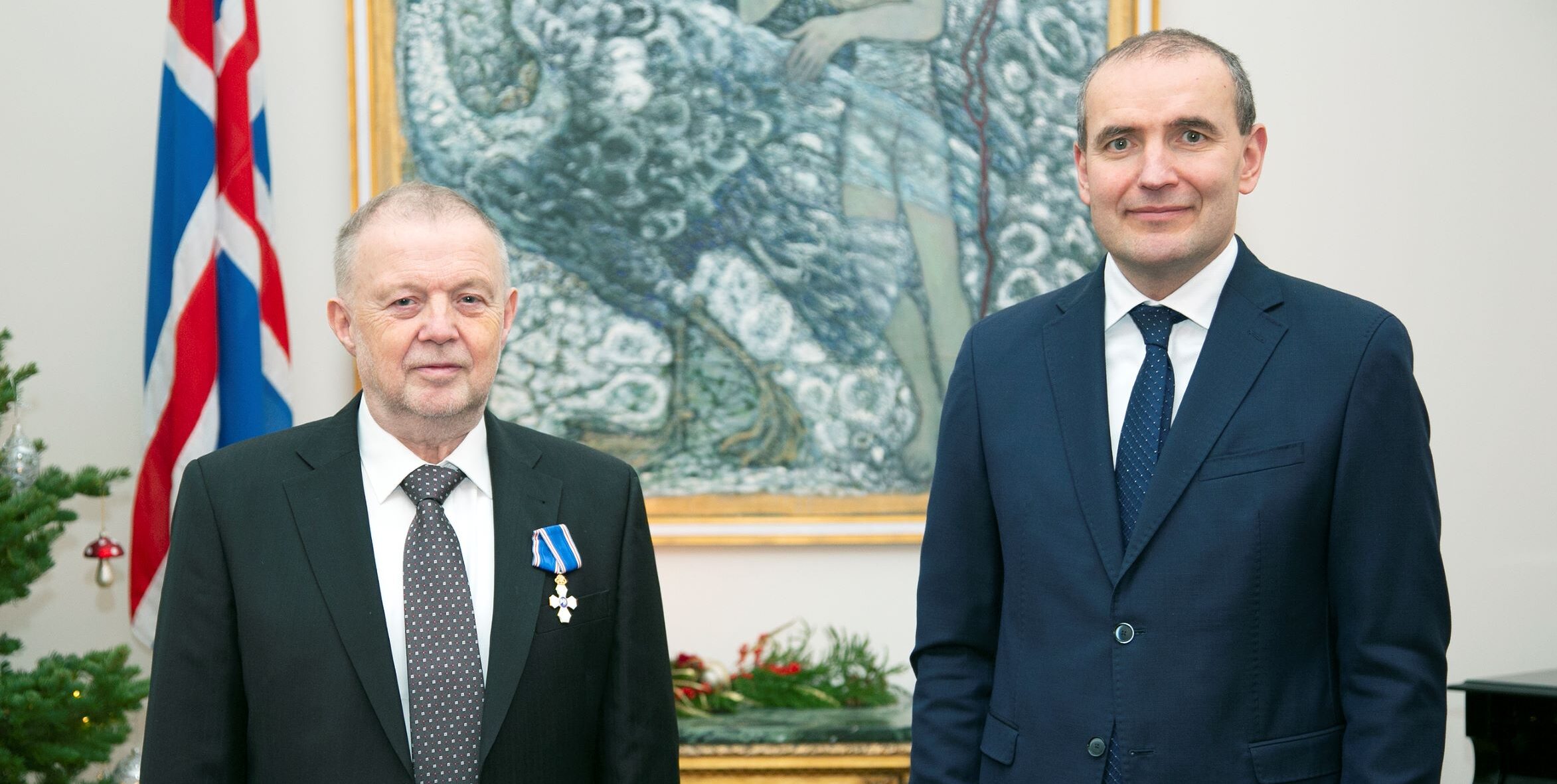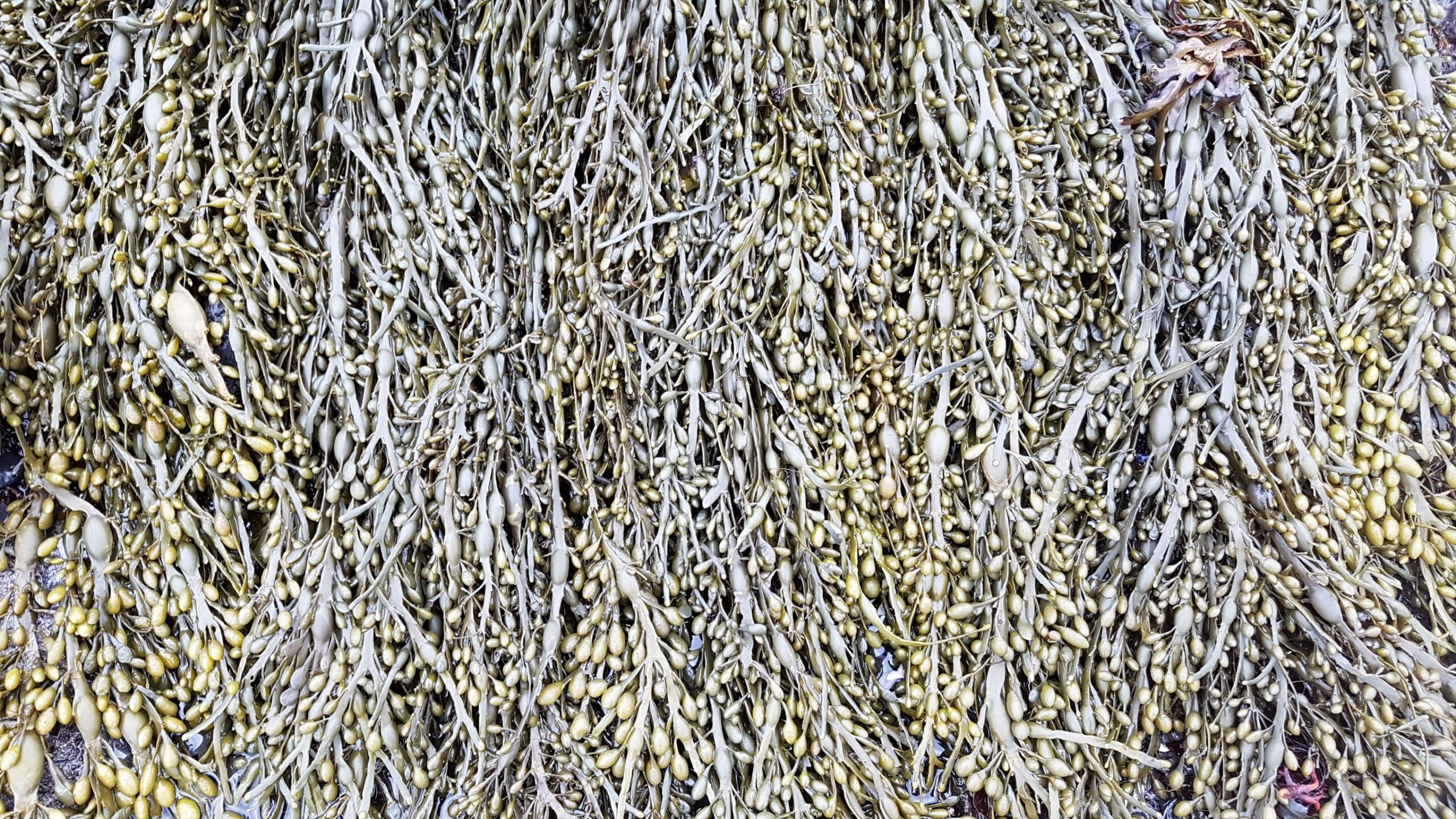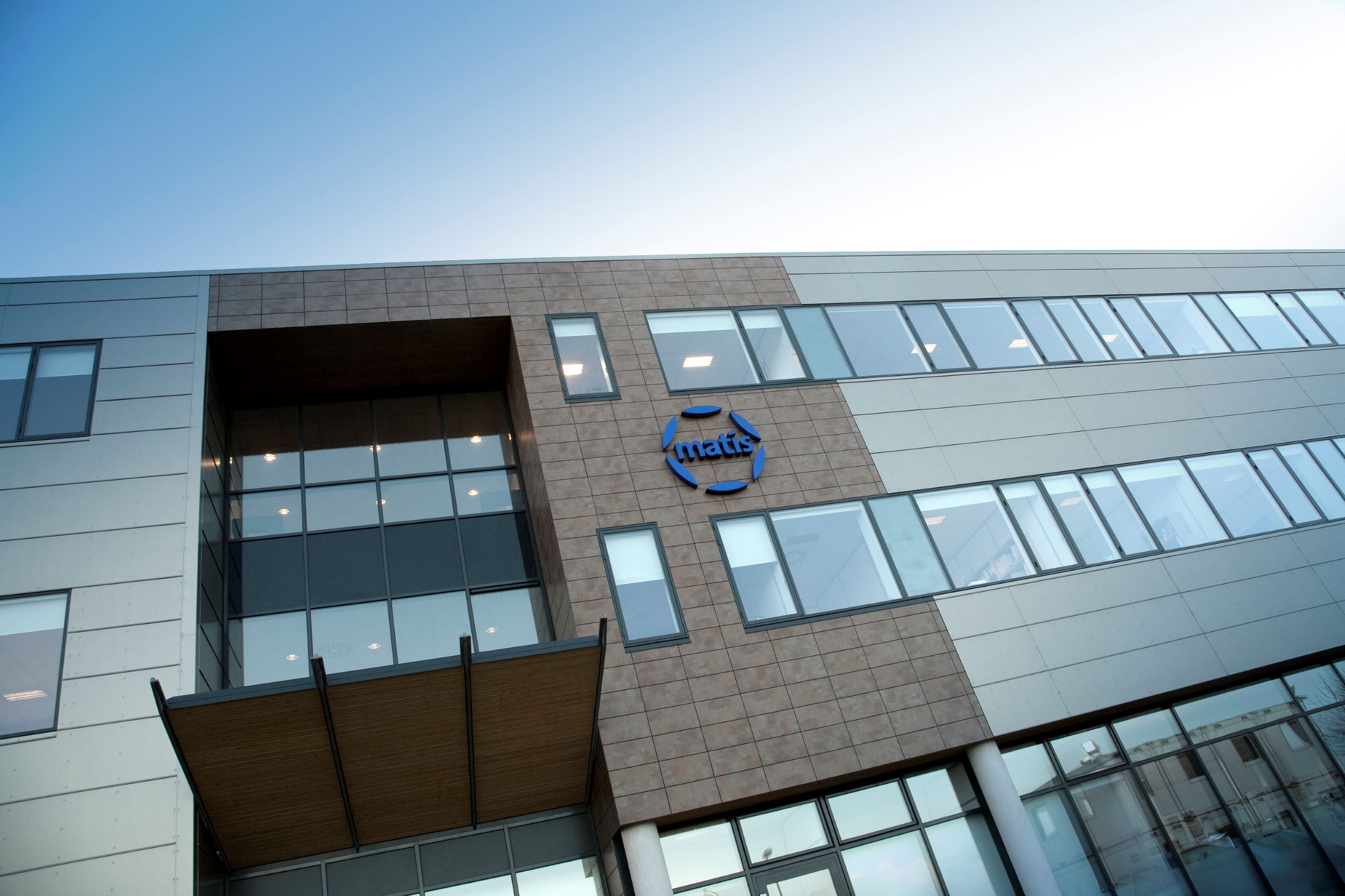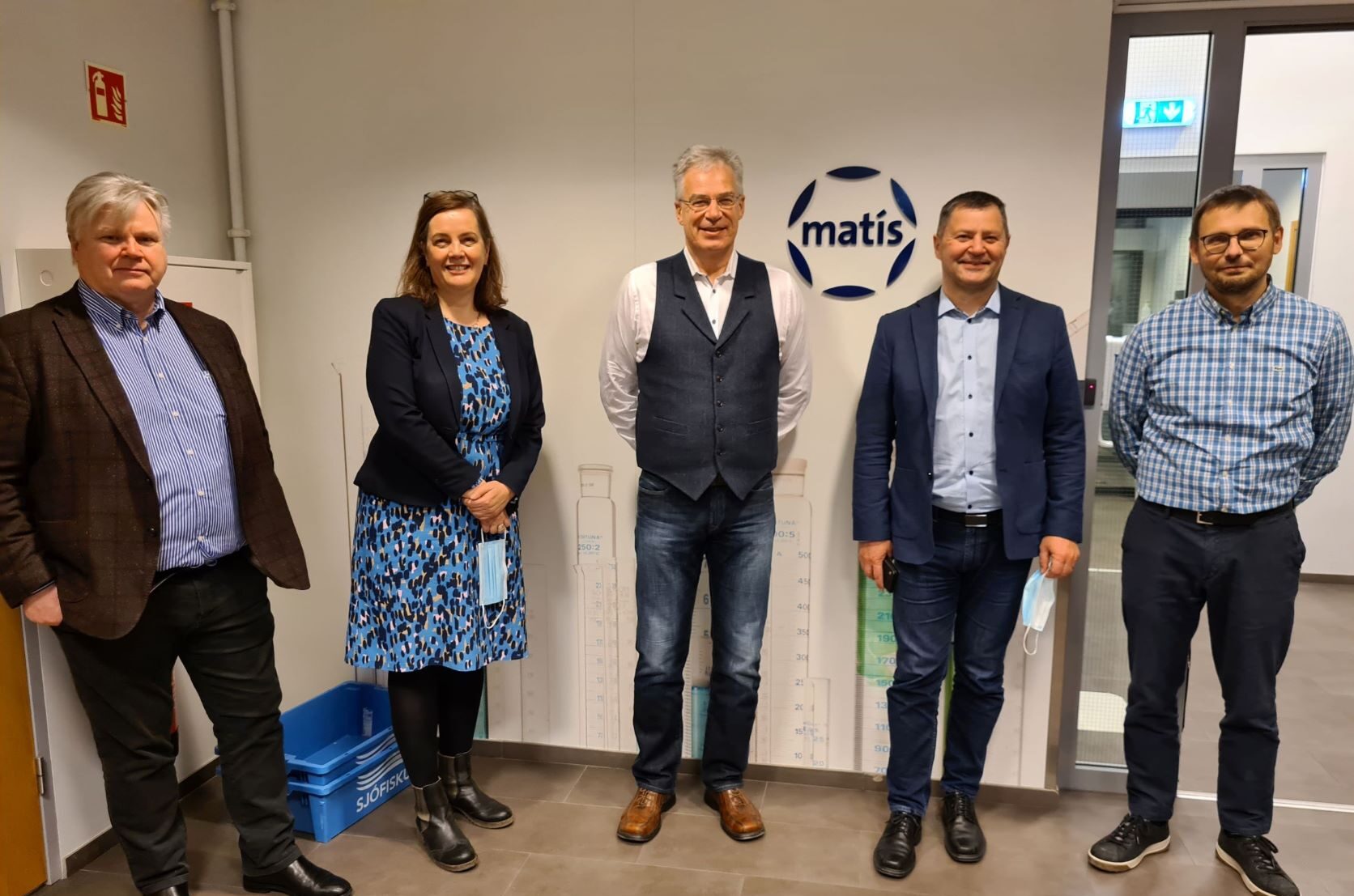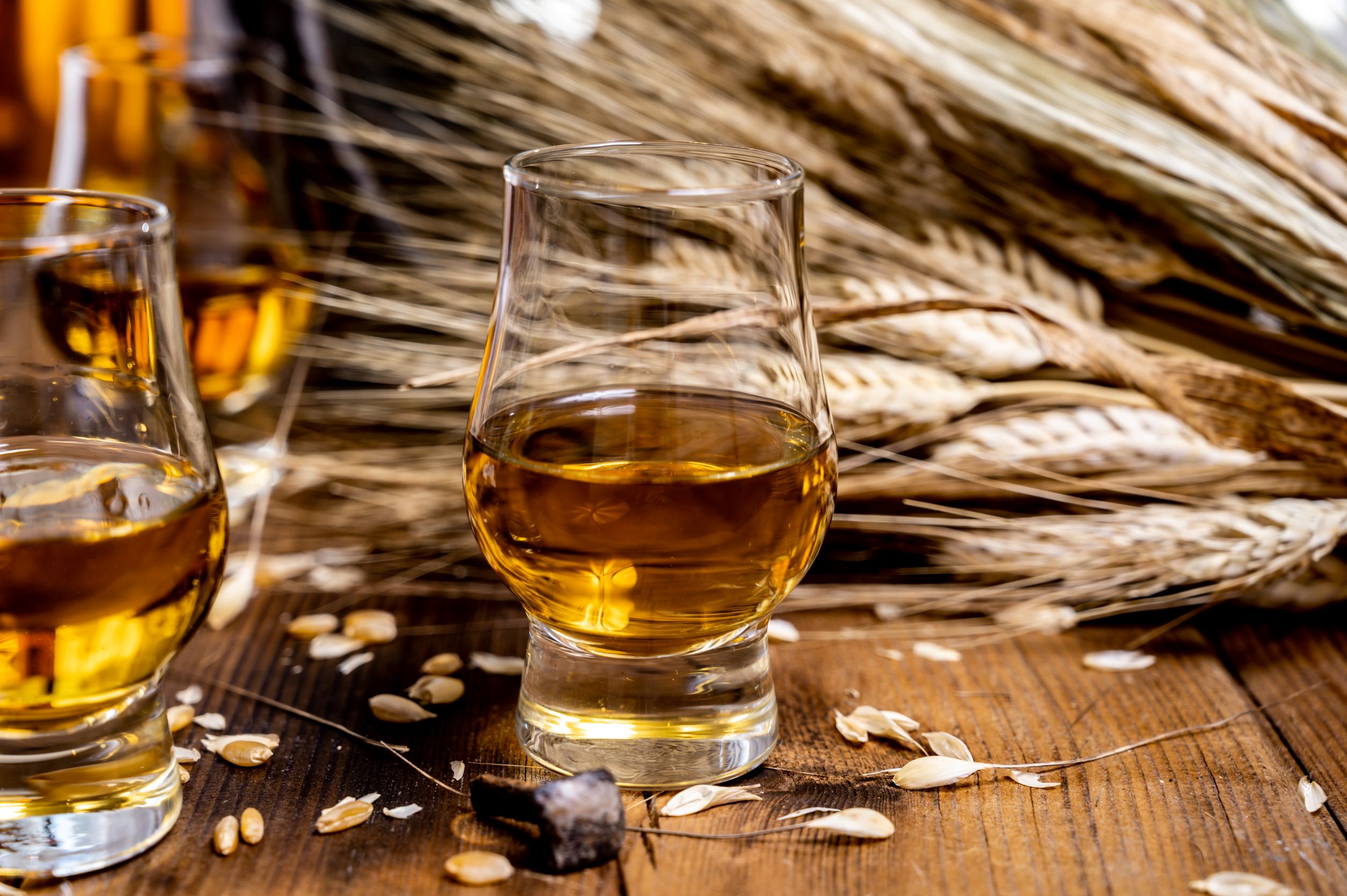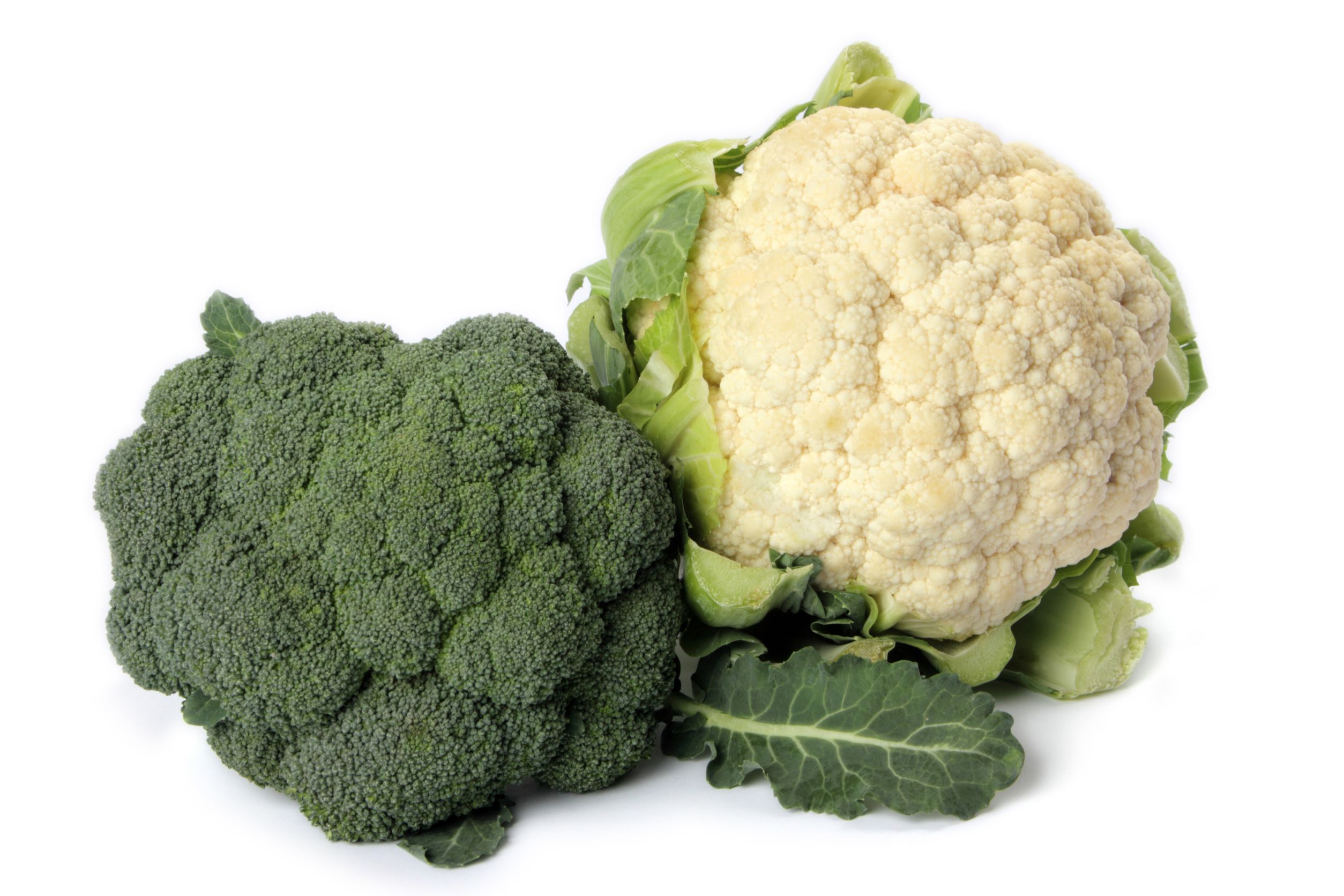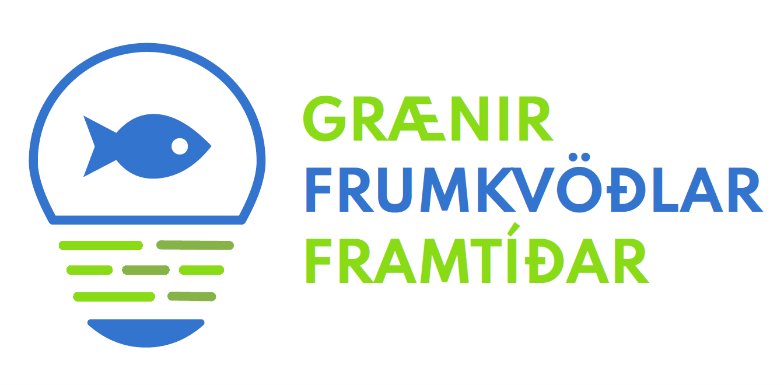Nourish and enjoy - an important contribution to the public health debate
Í gærkvöldi hóf þáttaröðin Nærumst og njótum göngu sína á RÚV en í þáttunum verður fylgst með fjölbreyttum hópi fólks […]
Nourish and enjoy - an important contribution to the public health debate Nánar »

